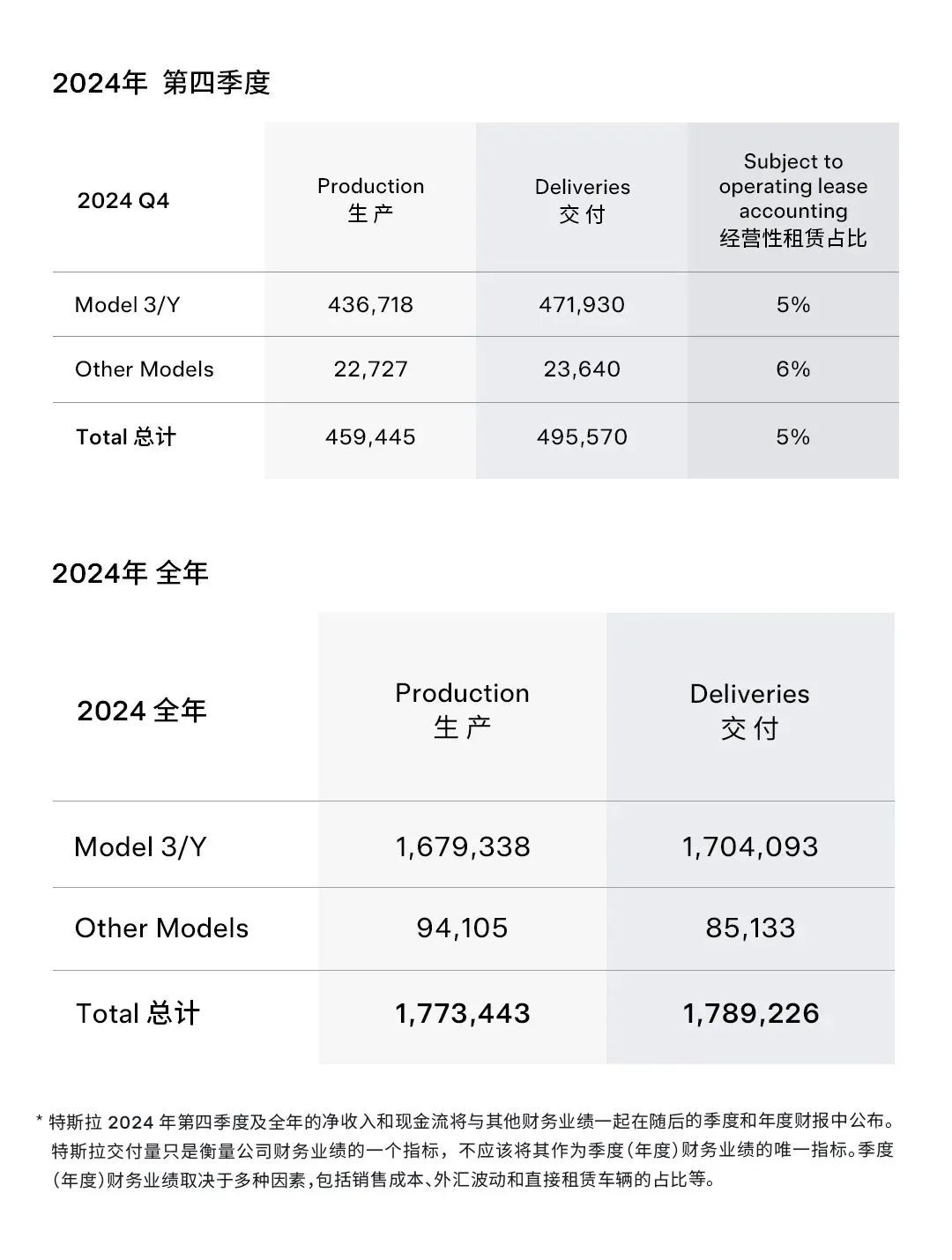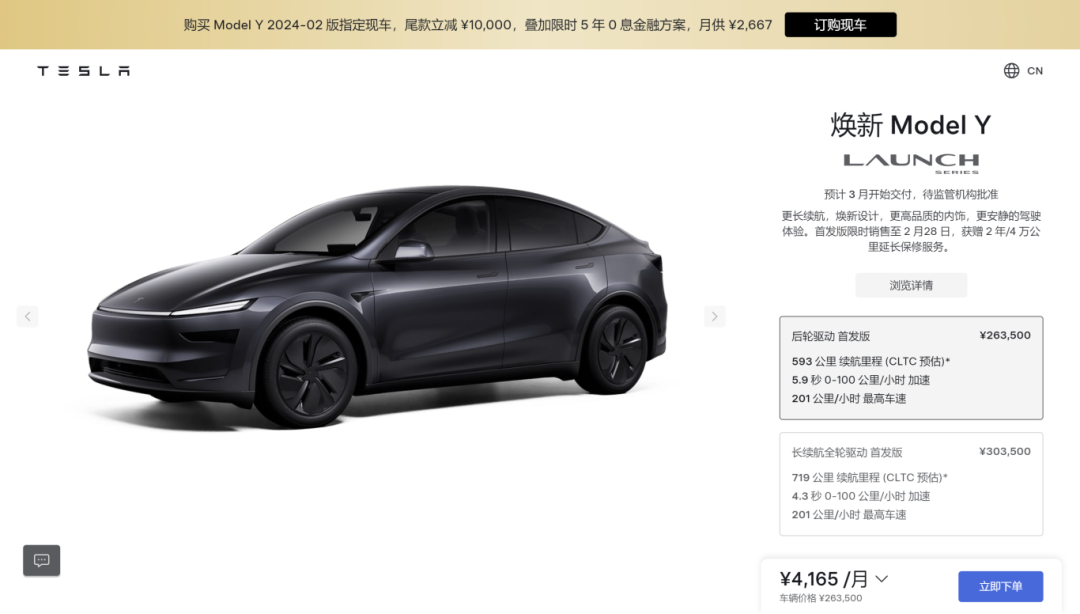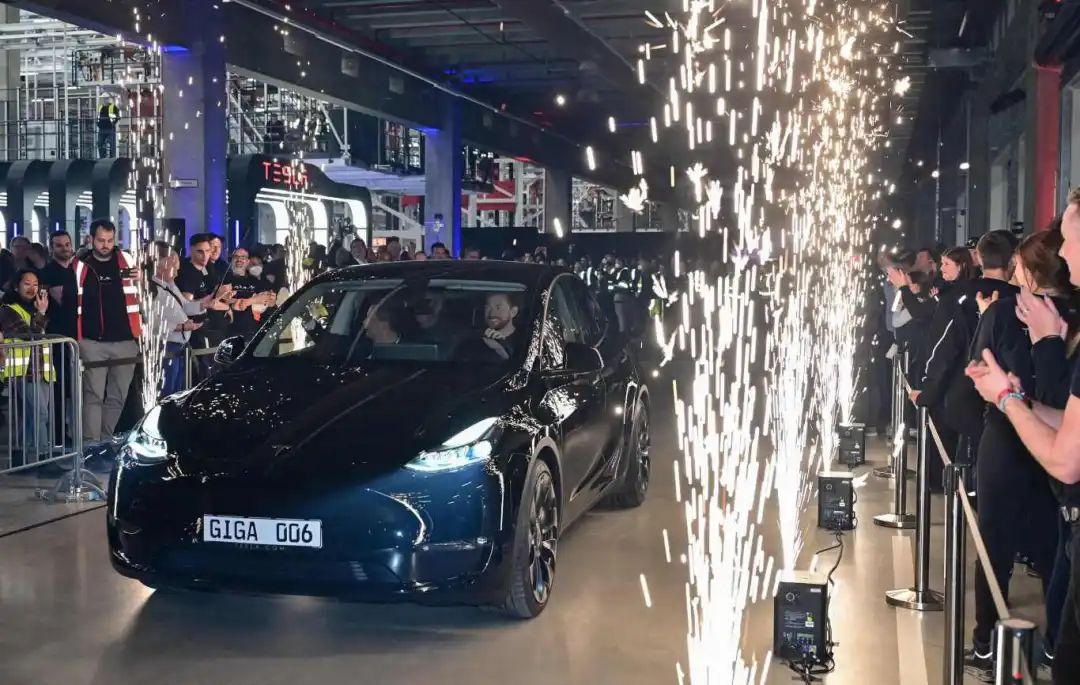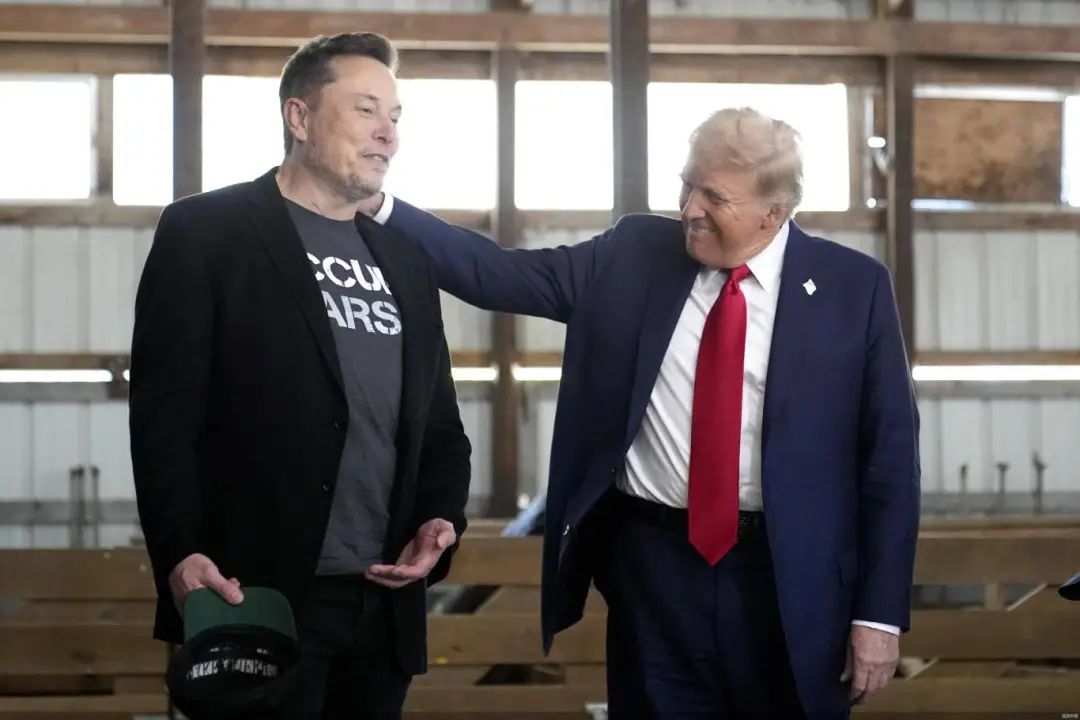Can Tesla Still Stage a Comeback in 2025?
![]() 02/25 2025
02/25 2025
![]() 543
543

Introduction
Tesla's fortunes are hanging by a thread, with Europe crumbling, the U.S. losing steam, and all hopes pinned on China.
2024 was undoubtedly a disappointing year for Tesla. The company experienced its first year-on-year decline in global sales in a decade, delivering approximately 1.789 million new vehicles in 365 days.

Despite a robust effort to catch up in the fourth quarter, with sales reaching 459,000 and 495,000 respectively, both record highs for the year, the earlier deficit remained unfilled.
These results suggest that Tesla, after a prolonged period of rapid growth, has once again stumbled into a challenging quagmire.
More concerningly, Tesla's 2024 financial report revealed a double decline in net profit and gross margin, indicating a sudden drop in profitability for the American new energy vehicle company.
From any angle, the news is grim.
As 2025 dawns, Tesla's latest sales target aims for a sequential growth of 20%-30%, necessitating sales of at least 2.15 million new vehicles.
This stance, while more conservative than past aggressive targets, is understandable. On one hand, global automotive market competition has intensified, pressuring Tesla. On the other hand, the company is still in a phase of adjustment and transformation, requiring time to play its hand fully.

In the first 50 days of 2025, Tesla's dual-track approach of introducing new products and promotions in China, from the refreshed Model Y to "five-year interest-free" offers on the Model 3, underscores the pressure on its order books.
Tesla is acutely aware: failing to capitalize on this strategically crucial segment could jeopardize its entire year's battle plan.
Fortunately, early results for January and February indicate that Tesla's efforts are paying off. Despite the Spring Festival holiday, Chinese consumers are eager to invest in the refreshed Model Y and Model 3.
However, Tesla faces significant challenges beyond China. Its sales performance has deteriorated markedly in other regions.
For instance, in January, Tesla's new vehicle registrations in the U.S. totaled 48,000, a 10.8% decrease from the previous year. In California, a traditional EV stronghold, registrations fell 12% year-on-year.
Ironically, Tesla's major competitors are thriving.
In the EU, Tesla is also grappling with increasingly stringent challenges. German electric vehicle sales surged 50% year-on-year in January, while Tesla faced a 59% collapse, with its market share plummeting from 14% to 4%.

In France, Tesla's January new vehicle registrations totaled just 1,141, a steep 63% year-on-year decline and the lowest since August 2022.
Even in the Nordic market, known for its high EV acceptance, Tesla's sales have taken a significant hit.
In January, Norway saw a 38% year-on-year decrease in Tesla registrations, with 689 new vehicles. Sweden recorded 405 registrations, a 44% year-on-year drop. The UK, Portugal, Denmark, the Netherlands, and Spain also witnessed declines ranging from 18% to 75%.
In summary, Tesla is losing ground everywhere.
The apparent reason for this downturn is the waning purchasing power of European consumers, beset by energy crises and inflation. The economic environment is unfavorable, prompting consumers to tighten their belts.
However, a deeper look reveals that Tesla's challenges are also tied to its "helmsman" – Elon Musk.
Recently appointed as "Minister Musk" by Trump, Musk is now wielding the axe of "eradicating pests" within the U.S. federal government.

According to recent news, Musk has mandated all employees to submit weekly reports detailing their work or face dismissal. This trend has even spread across the Atlantic.
Yet, Musk's all-consuming political involvement has not benefited Tesla.
In Europe, his frequent meddling in foreign affairs has tarnished Tesla's brand image among local consumers. Many believe that Musk is ill-informed about their countries and should stay out of their politics.
A survey found that about 60% of potential customers cited Musk's personal reputation and erratic behavior as the main reasons for refusing to buy Tesla.
This is the current situation.
Judging by Musk's actions, it seems he is focused solely on his political career. The timing of Tesla's recovery, emergence from the quagmire, and resumption of growth is not a top priority for him.
Against this backdrop, Tesla's deep roots and fertile soil in the Chinese automotive market offer some hope. However, in the European and American markets, Tesla's prospects for 2025 appear precarious.
Energy is finite; leaning too heavily on one side inevitably weakens the other.

As "Minister Musk" thrives, "Boss Musk" is inevitably neglected.
Recently, an interesting viewpoint emerged: "Musk's bet on Trump and political involvement aim to efficiently eliminate obstacles impeding his control over all companies, including Tesla. Accepting the appointment is a huge gamble – winning means more dividends, losing means a shared fall into the abyss."
In the short term, Tesla's return to high growth is unlikely. In the long run, success hinges on whether "Minister Musk" can turn the tide and avoid self-inflicted wounds.
Interestingly, last week saw a rare disagreement between Musk and Trump regarding the Indian market and factory construction, reinforcing the adage, "There are no permanent friends, only permanent interests."
Musk's political career is fraught with uncertainties, mirroring Tesla's uncertain future. Achieving a 20%-30% year-on-year sales increase in 2025 seems precarious.
Europe is crumbling, the U.S. is cooling off, and China stands alone. We'll see how it plays out by year's end...







